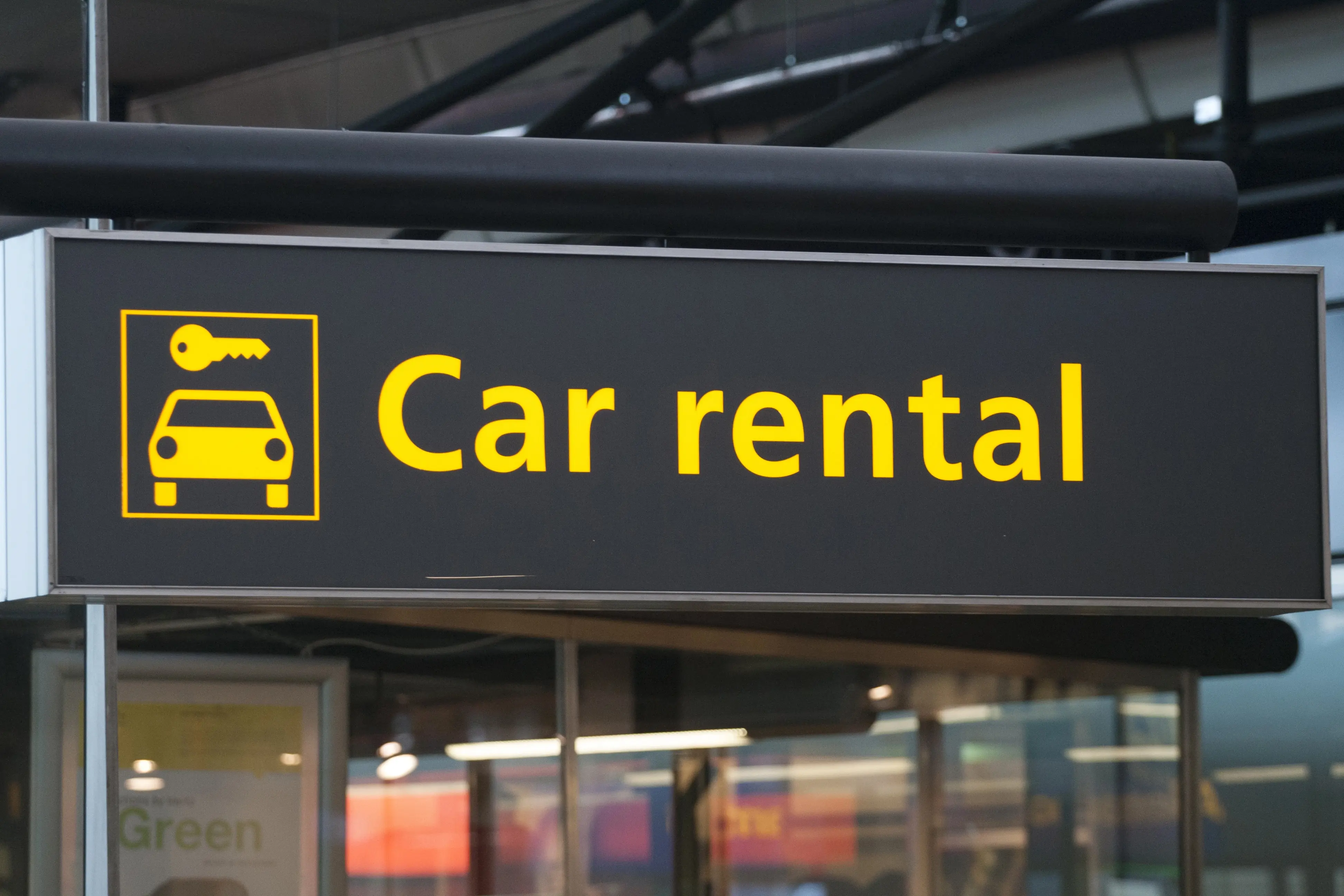If you’ve ever rented a car, you’ve probably felt pressured to buy rental car insurance. However, you likely don’t need it if you have a personal car insurance policy or a credit card that provides coverage. Make sure to ask your agent if your insurance extends to a rental.
What is rental car insurance?
Rental car insurance is coverage offered by rental car companies. It typically falls under five different categories:
- Collision damage waiver or loss damage waiver (not technically insurance coverage).
- Liability coverage.
- Personal accident coverage.
- Personal effects coverage.
- Roadside assistance.
When you rent a vehicle, you’ll decide if you want to purchase these coverages through the rental car company or waive them. They usually cost about $10 to $30 per day, but keep in mind that you’re not legally required to buy them.
Rental car insurance is not the same as rental car reimbursement insurance, which helps pay for a rental car if your car is not drivable after an accident or covered loss.
Rental car insurance vs. your personal auto coverage
Whether you need to buy rental car insurance depends on the coverage you already have through your personal insurance policies.
The table below outlines how personal insurance policies and rental car insurance may overlap.
| Rental car insurance | Your personal auto insurance | What it covers |
|---|---|---|
| Collision or loss damage waiver | Collision and comprehensive insurance | Covers damage to your car, including from collisions, vandalism, and animal- or weather-related incidents. You need to pay a deductible before coverage kicks in for collision and comprehensive insurance. CDW or LDW don’t typically have a deductible. |
| Liability coverage* | Liability auto insurance | Covers bodily injuries or property damage you cause while driving the rental car |
| Personal accident coverage | Medical payments or personal injury protection | Covers car-accident-related medical bills and funeral expenses for you and your passengers. Personal injury protection can also cover lost wages and help doing daily tasks while injured, among other services. |
| Personal effects coverage | Home and renter’s insurance | Insures most personal items from theft or damage. |
| Roadside assistance | Roadside assistance | Emergencies such as losing your keys, getting a flat tire, or running out of gas. |
*Some states require minimum liability insurance to be included in the rental fee, but you’ll typically be offered supplemental liability protection, up to $1 million in coverage.
Non-owner car insurance is another alternative to rental car insurance. This type of coverage is designed for drivers who don’t own a vehicle. Non-owner policies provide liability insurance whenever you rent, borrow or share a car. According to Insurance Business America, it costs around $66 per month on average for a policy with $100,000/$300,000/$100,000 liability coverage.
Rental car insurance through your credit card
You may also have complimentary rental car insurance as a perk on one of your credit cards, but this type of coverage has its own rules and exclusions.
Basic cards usually provide secondary coverage. This means that you’ll file a claim with your own car insurance company, then claim any remaining damages from your credit card coverage. Premium cards with primary coverage enable you to file for all damages immediately.
If you don’t have an existing car insurance policy, you may be able to use your credit card’s secondary coverage as your primary source of coverage, but it depends on your credit card company’s policies.
Depending on your cardholder agreement, you may also have to do the following to receive coverage:
- Pay the entirety of the car rental fee with your credit card.
- Make the paying credit card holder the rental vehicle’s primary driver.
- Decline any collision damage waivers or loss damage waivers offered by the rental car company.
- Buy rental car insurance if you rent a vehicle for an extended period of time.
- Purchase rental car insurance for luxury cars, trucks (besides pick-ups), motorcycles and other types of vehicles that might be excluded by your credit card company.
Do you need rental car insurance?
It’s probably a good idea to purchase rental car insurance if you find yourself in any of the following situations:
- You don’t have personal car insurance or health insurance.
- Your auto insurance policy doesn’t cover rental cars and you don’t have rental car insurance coverage through your credit card.
- Your auto insurance policy doesn’t include comprehensive coverage and collision coverage.
- You’re traveling abroad, except to Canada or Mexico (covered by some insurance companies).
- You’re renting a car for a job. Your car insurance policy or your credit card coverage might not cover vehicles rented for business purposes.
How much does rental car insurance cost?
Short-term coverage from a car rental agency typically costs $10 to $30 per day, depending on the add-ons you select.
Below are the average costs for rental car insurance in detail below:
| Rental car coverage | Cost per day |
|---|---|
| Collision damage waiver or loss damage waiver | $10-$30 |
| Supplemental liability coverage | $10-16 |
| Personal Accident Insurance | $3-$9 |
| Personal effects coverage | $1-$6 |
| Roadside assistance | Varies depending on services needed. |
Coverage limits, inclusions, and exclusions vary by company, so check the rental agreement before signing or declining any add-ons.









